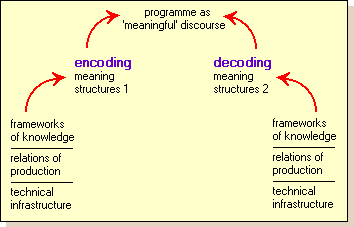

And this is true regardless of whether you intend to learn the material or not. The basic idea is that if you think about information meaningfully (deep processing), you are much more likely to remember that information than if you think about it at a superficial, meaningless level (shallow processing). And finally, at the semantic level you are actually describing what the brachial plexus actually is. At the phonetic level, you might relate this to words or phrases that sound like the term brachial plexus. At the structural level, I may at first pass just learn the word brachial plexus. Let's say for example I want to remember the brachial plexus in surgical anatomy. And a deep level of processing would give us a high probability of recall.

The shallow level of processing information and encoding would give us a low probability of recalling the information. And remember, the more deeply encoded the information, the better we recall it. Then we'd go down to semantic, which would be deep. Structural is how something looks, like the letters in a word, phonetic is how it sounds and semantic is what it means. The first is structural, the second is phoentic, and the third is semantic. Now, what do we mean by deeply? Well psychologists Craik & Lockhart, 1972 defined the levels of processing model as focusing on the depth of processing or encoding involved in memory, and predicts the deeper information is encoded, the longer a memory will last. Psychologist say the more deeply we encode information the better we are able to recall it. If you want to remember more than seven things, you're going to need to process that information in a way that makes sure it gets into and stays in long term memory so that you can retrieve it later. It can only hold seven or so items of information at a time so you can think of it a bit like a juggler who can only juggle so many things.

Working memory is where you process anything that you're thinking about right at this moment. So in terms of learning and memory formation encoding is just the act of moving information from the temporary store in your working memory into the permanent store in your long-term memory. I'm going to dive into some of the evidence and research behind encoding and how we process new information into our long-term memory then I'll touch on how we can encode effectively and then I'll go into five practical encoding strategies which you can use right now.

I'm going to break down the complex topic of encoding into simple and easy to understand practical techniques which you can use right now to help you learn faster and more effectively.


 0 kommentar(er)
0 kommentar(er)
